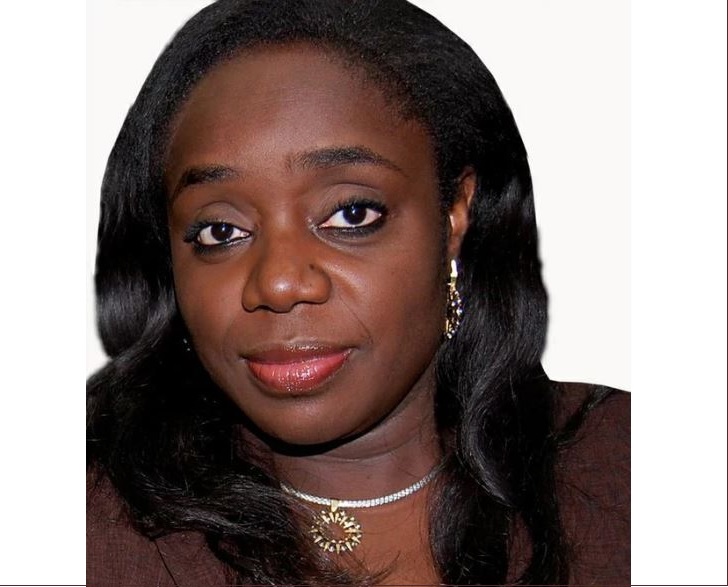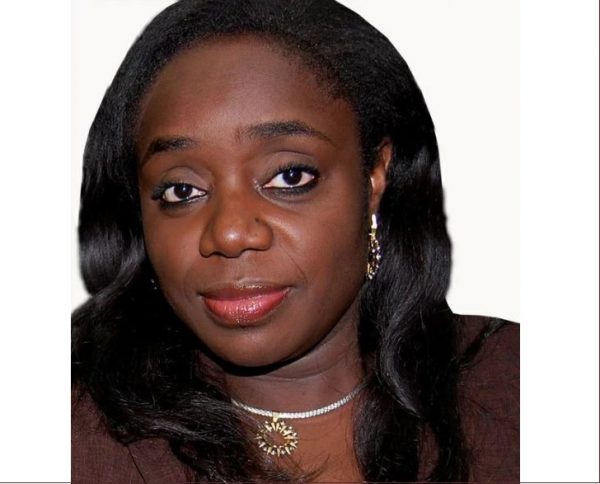As Nigeria’s economic downturn continues to bite, the sights of its citizens have turned to the government, with the expectation that some action will be taken to dampen the wild flames that appear to have scorched the nation’s economic landscape. Nigeria’s economy is after all heavily dependent upon government spending and the multiplier effect such expenditure has. One of the ways by which government is able to make the impact it does is by spending on capital projects. While the benefits of this type of spending may not always be felt immediately, they tend to have a much greater impact in the long run, compared to payments into the accounts of civil servants, or subsidies on commodity consumption, for example.
When the Federal Government announced in March that it would be injecting ₦350 billion into the economy through spending on capital projects to get the wheels of Nigeria’s economy rolling again, observers expressed the hope that the difficulties being experienced by businesses would soon begin to ease off. It was never going to play out in such a straightforward way, but the anticipations were not exactly out of place. However, the promised intervention has not taken place with the speed that most Nigerians desired that it would. The government blames this on the time taken up by the public procurement process.
In May, Nigeria’s finance minister Kemi Adeosun said that ₦350 billion would be injected into the economy every quarter until growth is stimulated. This, the government says, is to be made possible by fast-tracking the processes involved in releasing capital budgets by the various ministries, departments and agencies. If there is any sense of urgency to be detected in the speeches and presentations made by government officials on public spending issues, we may be right to attribute it to something more than the present troubles faced by Nigeria on the economic front. The Central Bank has warned that a recession is imminent, and experts have also hinted at the possibility of this taking place. Perhaps, “fast-tracking” is a fitting phrase to throw about when the need for swift action to avert ‘imminent’ danger is realised. But action is needed to save the economy from sliding into an even harsher phase.
The government’s task is further complicated by the fall in oil production to around 1.6 million barrels per day (bpd) due to a series of militant attacks on oil facilities in recent months. Because 70 percent of the Federal Government’s revenue comes from oil sales, a significant reduction in output could hamper its public spending efforts. Whether crude oil prices will rise high enough to offset the shortfall these attacks cause remains to be seen. The finance minister has however pointed out that oil based earnings constitute only 13 percent of Nigeria’s GDP. She revealed that government intends to increase the revenue it collects by targeting the other 87 percent.
For now, efforts are being geared towards dealing with seeing through slow public procurement processes. This especially affects new projects. With the impact of the government’s second quarter spending on capital projects not expected to be seen until the third quarter, Nigerians may have to let patience overcome disillusionment and despondence. That decision is a personal one, as much as it is economic.


